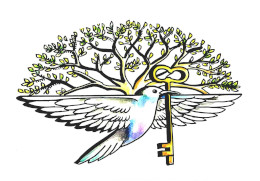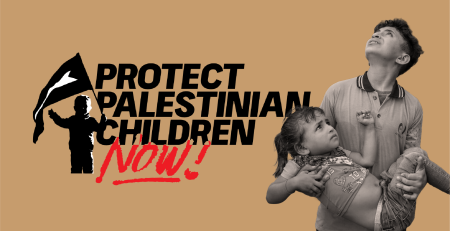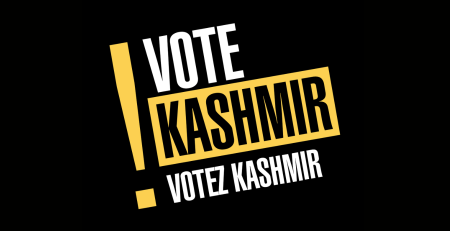Today marks two years since the Kashmiri people lost their autonomous status. On August 5, 2019, the president of India arbitrarily revoked Article 370 and 35A of the Indian constitution and suspended the Jammu and Kashmir constitution.
The Canadian government and media, as is the case across the international community, remain silent about India’s deliberate, rapid, draconian settler colonization.
Immediate Release
Two years later, Canada still silent on India’s colonization of Kashmir
It has been two years since the Kashmiri people lost their autonomous status. On August 5, 2019, the president of India arbitrarily revoked Article 370 and 35A of the Indian constitution and suspended the Jammu and Kashmir constitution.
At that time, Canadian media reported on the lockdown and cutting of internet and phone services by India in Kashmir.
On March 31, 2020, India’s Ministry of Home Affairs redefined domicile rules for the region, allowing non-Kashmiris to acquire property and settle in the state.
This opened the door to widespread demographic changes that threaten job security for local Kashmiris, among other human rights abuses. With the world fixated on the COVID-19 pandemic, settler-colonization has been in hyperdrive, weakening Kashmir’s right to autonomy and self-determination.
This has resulted in more than 3.3 million domicile certificates being issued by the occupying power to its own settler population.
As a result, the Indian government has shifted the demographics in IOK to being one-quarter non-Indigenous settlers.
Since Kashmir is an internationally disputed territory, the 2020 domicile law—which entails forced transfer of populations and settlement—is in contravention of international law. Such population transfer is prohibited by Article 49 of the Fourth Geneva Convention and is condemned by the United Nations Sub-Commission on the Promotion and Protection of Human Rights.
Under Article 1 of the Fourth Geneva Convention, all high contracting parties, which includes Canada, are required to take action to ensure respect for the convention “in all circumstances.”
Civil society groups have called on the Canadian government to condemn India’s new domicile law and its illegal settlement and colonization of IOK, and to insist upon compliance with international legal obligations as part of Canada’s ongoing relationship with India.
In November 2020, the Canadian government responded to three parliamentary petitions directly related to the situation in IOK. One was sponsored by Liberal MP Yasmin Ratansi, another by NDP MP Scott Duvall, and the third by Conservative MP Marilyn Gladu.
These petitions were signed by 3,500 people from across Canada, and they marked the first time that IOK had been mentioned in parliament since the early-2000s.
The reaction to the petitions has been less than adequate. The Trudeau government stated that Ottawa is monitoring the situation and “looks forward to the restoration of normalcy and resumption of inclusive political dialogue in Jammu and Kashmir.”
This response misses the crucial point about the continued persecution of Kashmiri human rights defenders, civil society activists and journalists. It also overlooks the fact that Amnesty International India was forced to halt its operations after the government froze its bank accounts. This came after the organization was targeted for speaking out on rights abuses by the Indian military in Indian Occupied Kashmir.
The colonization of Kashmir has been unfolding for more than seventy years, marking a direct assault on Kashmiri culture and identity, the rapid expropriation of land, heightened economic marginalization, and the accelerated forces of settler-colonialism.
In 1948, Canada’s UN representative Andrew McNaughton took the lead as president of the Security Council with the passage of Resolution 47, which provided for a plebiscite on self-determination for all Kashmiris.
As we head towards a federal election we must insist that Canada take leadership including at the UN and push for the realization of self-determination for the people of Jammu and Kashmir.
Learn more:. Check out webinar. Canada’s Silence on India’s Colonization of Kashmir
Update your profile to #RedForKashmir

Also, check out Justice for All webinar from August 5, 2021.






